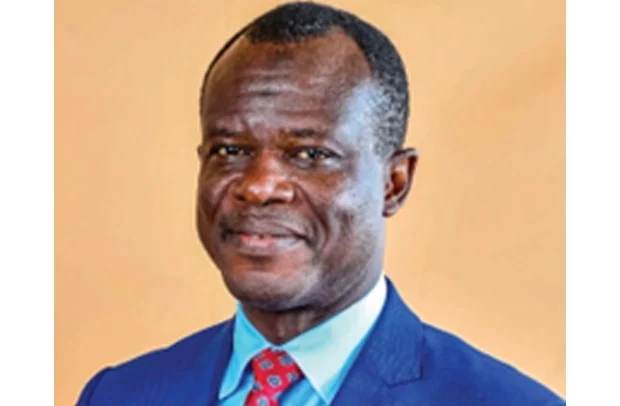Dr. Zakari Mumuni
First Deputy Governor of the Bank of Ghana, Dr. Zakari Mumuni, has described market interventions such as the Domestic Gold Purchase Programme (DGPP), as well as the Gold for Oil (G4O) as significant contributors to the macroeconomic stability of the country.
The Deputy Governor who disclosed this at ‘CNVERGE’25’, Africa’s Premier Trade Banking thought impact event in London said within the context of the current highly uncertain and volatile global environment, commodities have garnered significant policy attention and occupy a central position in finance, trade, and national development.
The conference held from August 6th to August 8th, 2025, under the theme, “Rethinking Commodity Finance for Growth” explored actionable pathways to unlock financing, manage risk, and enable sustainable trade growth for African economies.
He said, “On all counts, the DGPP has impacted positively, with strong reserve accumulation, stability in the exchange rate, and easing inflation. These have helped to improve the country’s credit profile from restrictive default to B- with a stable outlook in June 2025, boosting investor confidence”.
All these developments have contributed to a stable macroeconomic environment, which is of critical interest to your work.
Ghana’s Domestic Gold Purchase Programme (DGPP) was launched in June 2021 to increase the Bank’s gold reserves by 100% within five years which at the time was 8.74 tonnes.
He said the DGPP programme was not only about reserve accumulation but also about unlocking the potential of the country’s commodity base as well as diversify the Bank’s FX reserve portfolio.
“It also leveraged the Bank’s gold holdings to raise cheaper short-term and collateralised financing, build confidence with stronger reserves and a stable currency,” it added.
According to him, the Gold for Oil (G4O) initiative in 2022 was a well-intended policy solution to moderate the adverse effects of escalating domestic ex-pump petroleum prices, which surged as high as 230% in one year, as international crude oil prices rose sharply.
“The G4O intervention, therefore, leveraged the DGPP framework to provide FX and gold to support the importation of petroleum products through government-to government arrangements,” he said.
“On all counts, the DGPP has impacted positively, with strong reserve accumulation, stability in the exchange rate, and easing inflation. These have helped to improve the country’s credit profile from restrictive default to B- with a stable outlook in June 2025, boosting investor confidence,” he added.
By Ebenezer K. Amponsah


